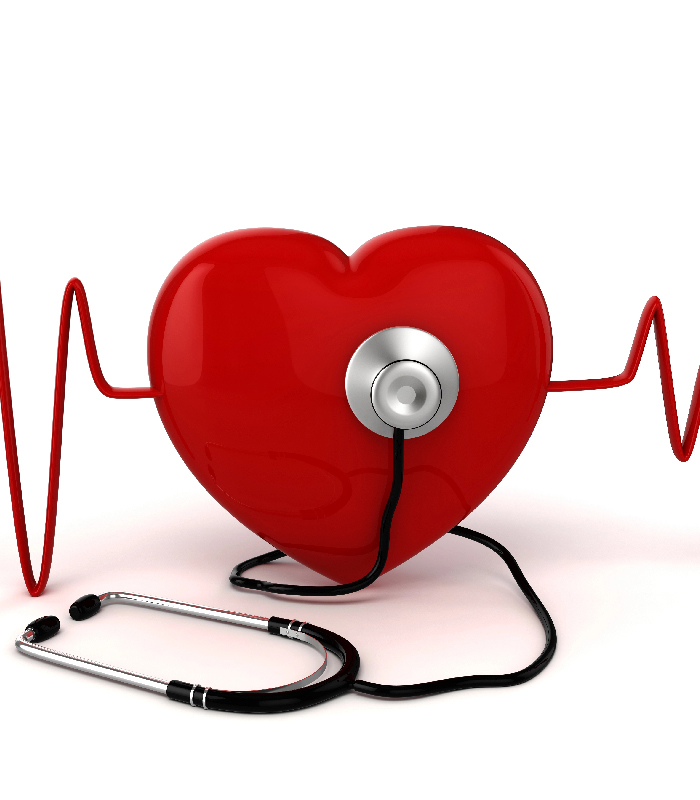Many people experience an irregular heartbeat from time to time, but not all irregularities mean something is wrong. However, when these symptoms occur frequently or go unexplained, it may point to a condition that requires treatment. At Cardiology of Hudson Valley, Dr. Peter N. Sayegh offers testing and treatment options for patients in Clarkstown, Haverstraw, Nanuet, New City, Nyack, Rockland County, NY, and the surrounding areas.
Irregular heart rhythms, also known as arrhythmias, can vary in severity and type. Some are harmless. Others can increase the risk of stroke or heart failure if left untreated. Our goal is to find out what is causing your symptoms and provide the care you need to feel better and stay safe.
Common Types of Irregular Heartbeats
There are many forms of arrhythmia, but three of the most common include:
- Atrial Fibrillation (AFib): A fast, irregular heartbeat that begins in the upper chambers of the heart. AFib is the most common arrhythmia and significantly increases the risk of stroke.
- Tachycardia: A condition where the heart beats too quickly, often over 100 beats per minute, even at rest.
- Bradycardia: A condition where the heart beats too slowly, usually under 60 beats per minute, which can cause fatigue, dizziness, or fainting.
These conditions are often treatable, but early detection is key. Symptoms can include fluttering in the chest, fatigue, lightheadedness, chest discomfort, or feeling like your heart is skipping beats.
How We Diagnose and Monitor Irregular Heartbeats
At Cardiology of Hudson Valley, Dr. Sayegh begins with non-invasive testing to assess the heart’s rhythm and electrical activity. An electrocardiogram (EKG) is often the first step. This quick, in-office test captures your heart’s electrical signals and can help detect common rhythm issues, including atrial fibrillation, tachycardia, and bradycardia.
If symptoms are intermittent or hard to capture during a short visit, Dr. Sayegh may recommend a portable rhythm monitor. These monitors are worn during your daily routine and can record your heart’s activity over 24 hours or several days, depending on your symptoms and needs. For more complex or elusive cases, he may recommend an implantable loop recorder. This small device is placed just under the skin and continuously tracks heart rhythm for months at a time, offering deeper insight into hard-to-diagnose arrhythmias.
What Causes an Irregular Heartbeat?
Irregular heartbeats can result from a variety of medical and external factors, such as:
- Coronary artery disease
- Heart valve problems
- Scar tissue from a previous heart attack
- High blood pressure
- Thyroid disorders
- Excessive caffeine, alcohol, or nicotine
- Drug use
- Stress or anxiety
Once the underlying cause is identified, we can begin to address it directly. Working with your cardiologist on a clear plan is essential. That may include monitoring your blood pressure and cholesterol, following medication guidance closely, and returning for follow-up testing as recommended. The goal is not only to manage symptoms, but to reduce the long-term risk of complications like stroke or heart failure when arrhythmias are left untreated.
Expert Care Close to Home
If you’ve noticed irregular heartbeats or have been referred by your primary care physician for evaluation, Cardiology of Hudson Valley is here to help. We provide testing, monitoring, and treatment services from our office in New City, NY, serving patients throughout Rockland County, including Clarkstown, Haverstraw, Nanuet, Nyack, and nearby areas.
Early evaluation is the first step in protecting your heart health. Contact Cardiology of Hudson Valley today to schedule your appointment with Dr. Sayegh. Together, we’ll take the right steps to better understand your heartbeat and provide the treatment you need.

